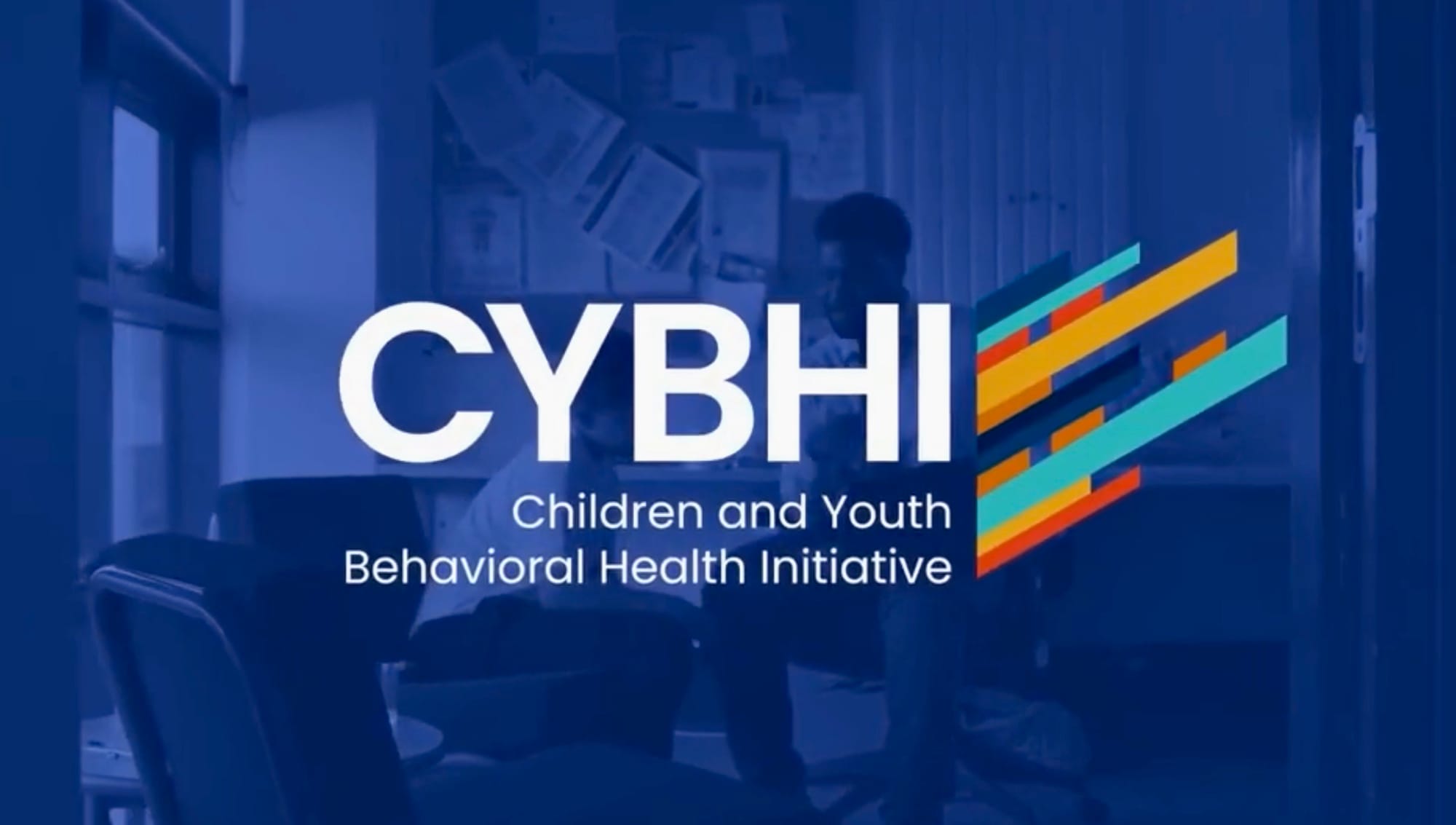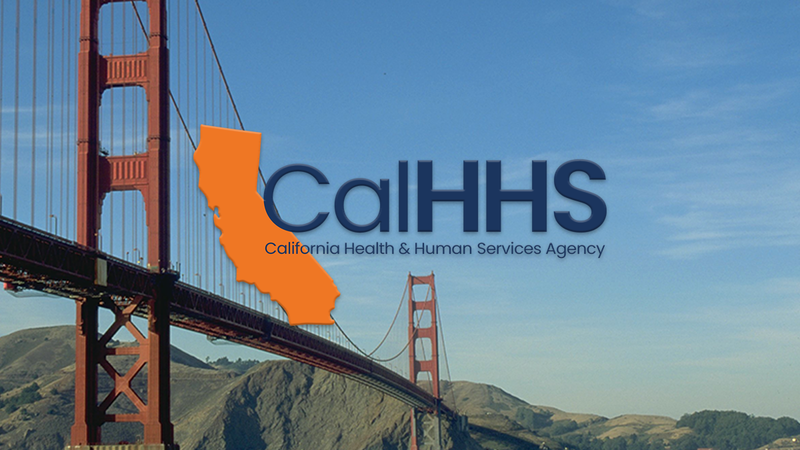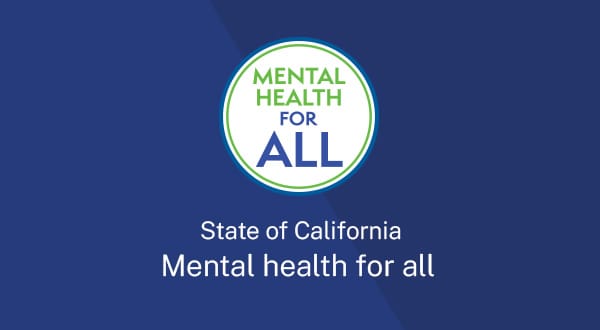Free mental health care at California schools: Parent's guide to the CYBHI program
A new state initiative (CYBHI) makes it easier for students in public schools and colleges to get mental health support. Here's what you need to know.

Being a parent in California today means navigating a world of new challenges. For many, their child's mental health is at the top of that list. Finding help can be a maze of waitlists, insurance-network-deserts, and high costs. A new state program is designed to change that by bringing help directly to where students already are: school.
The Children and Youth Behavioral Health Initiative (CYBHI) Fee Schedule is rolling out in hundreds of public school districts and public colleges across the state. The program creates a sustainable funding source for schools to provide mental health and substance use services, all at no cost to families.
Below, we break down the essentials.
What Is This New Program?
In simple terms, this is a California state program that funds outpatient mental health and substance use support services directly at your child's public school (or public college, for students 25 and under).
The goal is to make it far easier for students to get help by offering services in a familiar, accessible, and safe environment. Instead of you having to find an outside therapist who takes your insurance and has an opening, your school can now provide the service directly and get reimbursed by the state's system.
This creates a sustainable funding stream for schools, allowing them to hire, train, and retain counselors and other mental health staff to meet the growing need.
The Bottom Line: Students under the age of 26 at participating public schools (TK-12) and public colleges (California Community Colleges, CSU, and UC campuses) can get these services for free.
What Does It Cost?
Nothing.
For families, there are no out-of-pocket costs of any kind. This means you will not have to pay a co-pay, meet a deductible, or pay for any part of the service.
Using this benefit will not affect your existing insurance plan or its coverage limits. Your family's health insurance information (whether it's Medi-Cal or a private plan) is simply used by the school to get reimbursed for the services through the state's multi-payer system. This process is kept confidential and is the financial engine that allows the school to offer the services for free.
Who Is Eligible and What Services Are Covered?
Eligibility for the program is straightforward. It is designed to cover students who are:
- 25 years of age or younger; and
- Enrolled in a participating public school (from Transitional Kindergarten through 12th grade) or a public college (including California Community Colleges, CSU, or UC campuses).
The program funds a wide range of common, non-emergency outpatient behavioral health services provided at a schoolsite or via telehealth. These include:
- Screening and Assessment: To help identify a student's needs or potential risks for mental health or substance use disorders.
- Treatment: This includes individual, group, or family counseling and psychotherapy sessions to address specific challenges.
- Psychoeducation: Services that provide students and their families with information, education, and skills to understand and manage mental health conditions and develop coping strategies.
- Care Coordination: This is essentially case management. It helps connect students and families to other community-based care options or social services (like food banks or housing support) that may be needed.
It is important to note that this program is designed for general mental health support. It does not cover services that are already specified in a student's Individualized Education Plan (IEP) or Individualized Family Services Plan (IFSP). Those services continue to be funded through a separate federal program.
How Do I Know if My Child's School Is Participating?
This program is rolling out across California in "cohorts," or groups, so new school districts and public colleges are being added all the time. As of late 2025, nearly 600 have enrolled.
The California Department of Health Care Services (DHCS) maintains a public list of all participating Local Educational Agencies (LEAs) and public Institutions of Higher Education (IHEs).
As of November 2025, here are the lists of approved participants. You can check these links to see if your school's district or college is on them:
These lists are updated as new cohorts are approved (for example, Cohort 6 applications are now open for 2026). For the most current and complete list, you can always visit the main CYBHI webpage.
If you don't see your school's district, the best and most direct way to get information is to contact your school's main office or your district office. Ask them if they are enrolled in, or are planning to apply for, the "CYBHI Fee Schedule program."
How Does It Work? What Is My Role as a Parent?
Because these services are integrated directly into the school system, your school will likely reach out to you with information. The state has even provided schools with sample scripts to use during events like Back-to-School Night and parent-teacher conferences to explain the program.
To have your child participate, parents and caregivers are generally asked to do two things:
- Sign a consent form that allows the school to provide services to your child and to bill for those services.
- Provide your child's health insurance information, whether it's a Medi-Cal plan or a private commercial plan.
Why Does the School Need My Insurance Information?
This is the most common question parents have, and the answer is simple: reimbursement.
Your insurance information is used only to help the school get paid for the services your child receives. The school (or its designated provider) submits a claim for the service, and your health plan reimburses the school through the state's new, streamlined system.
This billing process is the financial backbone of the entire program. It's what makes it sustainable for your school, giving it a reliable, long-term funding stream to hire, train, and retain qualified mental health staff on campus. As we've covered, this process costs you nothing and does not affect your family's health plan.
What About My Family's Privacy?
This is a critical question, especially when it involves sensitive health information. The state has built significant privacy protections into this program, with the primary goal of protecting student confidentiality.
All student information is kept secure and is protected by strict federal and state laws, including the Family Educational Rights and Privacy Act (FERPA) and the Health Insurance Portability and Accountability Act (HIPAA). In general, health records kept by the school are considered "education records" and are protected by FERPA.
Here is the most important feature you need to know:
The state has required all health plans (both Medi-Cal and private insurance) to suppress billing notifications for this program.
This means you will not receive an "Explanation of Benefits" (EOB) or any other letter from your insurer detailing the services your child received at school. This policy was put in place specifically to preserve student confidentiality and privacy.
This is especially relevant for older students. In California, minors aged 12 and older have the right to consent to their own mental health services, and this EOB suppression helps protect their ability to seek care confidentially.
The information you provide is used only for the specific purposes of verifying eligibility and processing claims for reimbursement, which is what funds the program.






